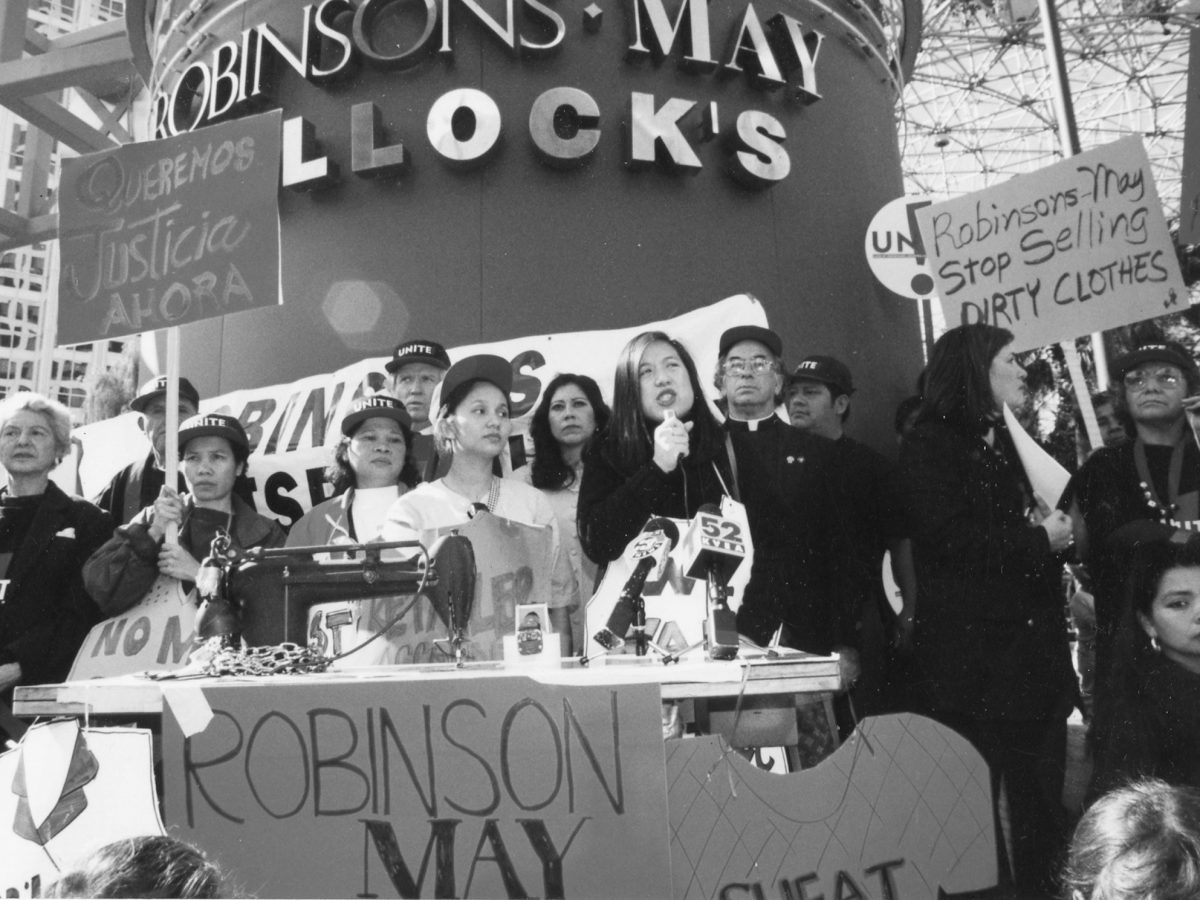
Chancee Martorell ’90, ’93
A social activist for 33 years, Chancee Martorell is an advocate, urban planner, and community leader, dedicated to Thai, immigrant, and local communities. She is a respected practitioner in community development and a leading expert on modern-day slavery. The founder and current executive director of the Thai Community Development Center (Thai CDC), Martorell oversees projects on human rights advocacy, affordable housing, healthcare access, small business promotion, social enterprises, and neighborhood empowerment. Thai CDC plays a pivotal role in the eight-year community organizing campaign that led to the 1992 designation of Thai Town, the first and only on in the nation, located in East Hollywood. She worked on several major human rights cases, involving over 400 Thai victims of human trafficking, including the 72 victims who were discovered living in slavery conditions in El Monte, California. Thai CDC helped the trafficking survivors find justice and become independent and productive individuals, with viable economic opportunities. This work also led to Martorell co-founding the Coalition to Abolish Slavery and Trafficking (CAST), a pioneer of the anti-trafficking movement in the United States. She would also later co-found the National Coalition for Asian Pacific American Community Development (National CAPACD), an organization focused on advocacy and policy analysis related to issues facing low-income Asian American and Pacific Islander communities. She has taught classes on and written on the topics of ethic competency, the Thai immigrant community, Asian poverty, community economic development, urban revitalization strategies, human trafficking, and global capitalism; and in addition to her work at Thai CDC, she continues to serve in a variety of capacities for community, immigrant and labor rights organizations to push for social and economic justice.
“For me, it’s always been about a matter of equity and justice, and bringing about real social change to communities that suffer from lack of opportunities and investments.”


